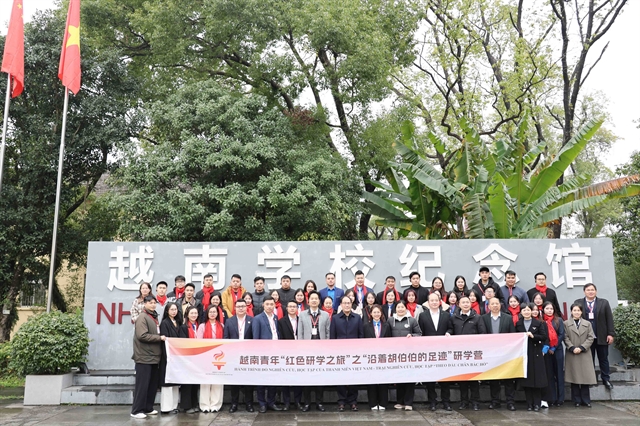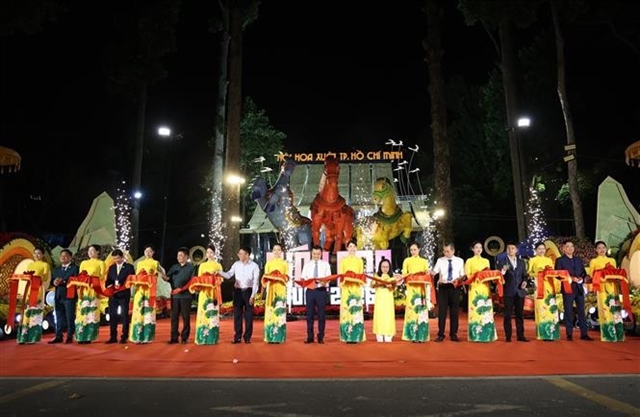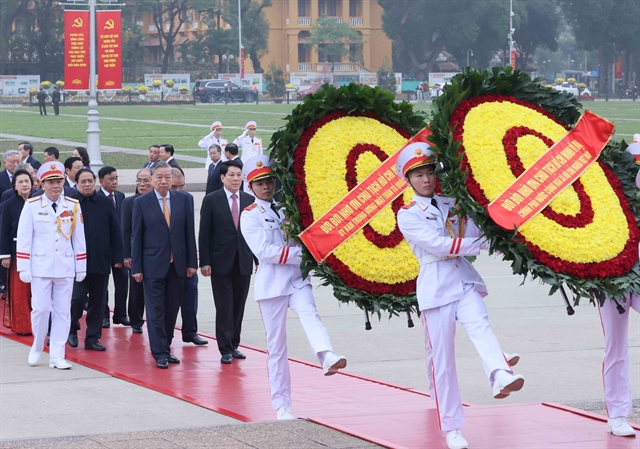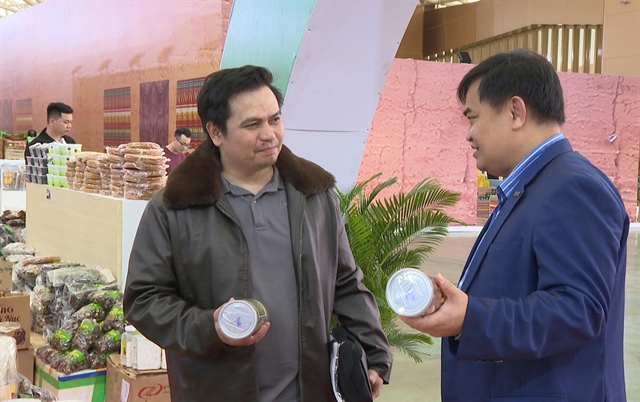 Economy
Economy
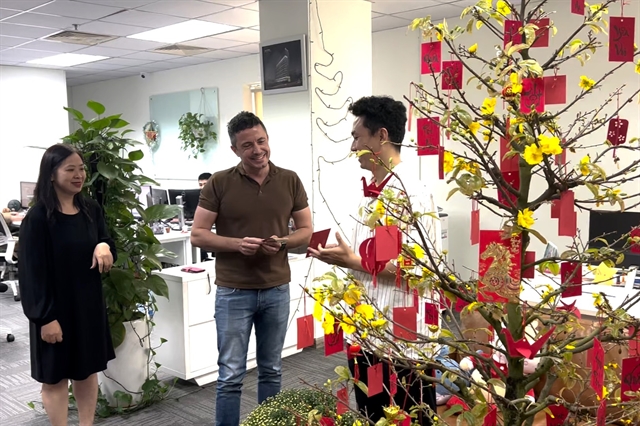
The HCM City transport industry has sought Government support to help recover from the double whammy of the COVID-19 pandemic and skyrocketing fuel prices.
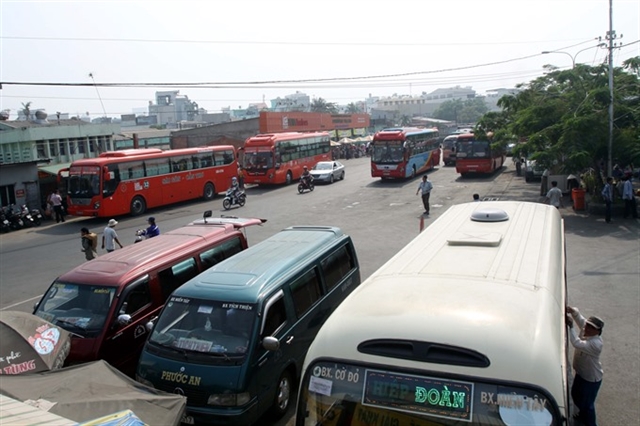
|
| Buses at the Miền Tây Station in HCM City. — VNA/VNS Photo Hoàng Hải |
HCM CITY — The HCM City transport industry has sought Government support to help recover from the double whammy of the COVID-19 pandemic and skyrocketing fuel prices.
Lê Trung Tính, chairman of the city Intercity Passenger Transport and Tourism Association, said the high prices of petroleum products have made it difficult for transport businesses, leading to a fresh crisis post-pandemic.
Fuel prices account for 30-50 per cent of transport costs, and so the hike in prices has created massive challenges for the industry, he said.
The Government and National Assembly should consider reducing tariffs on petroleum products such as environmental protection, special consumption and value-added taxes, he said.
“Petrol prices have surged and been forecast to rise to VNĐ35,000 - 40,000 per litre. If it does, passenger transport firms will find it challenging to survive.”
A spokesperson for Tư Viễn, a firm that operates on the HCM City – Hà Nội route, said with the current price of diesel at more than VNĐ30,000 per litre, the cost of a trip has reached some VNĐ50 million (US$2,100).
“Only suspending operations can help companies avoid losses.”
The firm has already sold two 45-seat buses at below market prices and the remaining one is parked in Bình Dương Province due to a lack of business, he claimed.
“Transport businesses are now depending on luck. Out of 10 buses, only three have enough passengers. We lose VNĐ5-7 million per trip.”
Đào Ngọc Tuấn, owner of Tuấn Duyên, a bus service that operates on the HCM City – Hà Nội route, said the fuel cost per trip has doubled to more than VNĐ30 million.
“We cannot increase ticket prices to offset the costs due to the low demand. The price of a sleeper seat from HCM City to Hà Nội is VNĐ800,000, the same for the last seven years.”
The number of passengers has fallen to 40 per cent of pre-pandemic levels, he said.
“There is no hope at all.”
Phạm Thanh Duyên, owner of Duyên Hà bus service (HCM City - Gia Nghia city in Đắk Nông Province) said while fuel costs have increased, taxes and fees remain high.
During the 210-km trip from HCM City to Gia Nghĩa, a bus has to pass through three toll stations and pay VNĐ540,000, he said.
“A loss of VNĐ2-3 million per trip is normal.”
He said he planned to sell all of his five vehicles and wind up a 30 –year-old business.
Nguyễn Lâm Hải, head of the transport planning department at HCM City’s Miền Đông Bus Station, said since March the number of passengers a day has been 10,000-10,500, or 52 per cent of pre-pandemic levels.
Almost a third of bus operators have ceased operations, he added.
The station has supported businesses by reducing rentals of counters by up to 40 per cent, but it has not helped much since the high fuel prices now account for 30-50 per cent of costs.
Trần Nhân Hậu, head of operations at the Miền Tây Bus Station, too said the number of passengers is currently only half compared to before the pandemic.
He said the collection of environmental protection tax should be temporarily suspended.
Experts said the reduction of special consumption tax on fuels would help lower their costs, reducing inflationary pressure and the impact on businesses and people's lives.
On Monday, the authority adjusted up the retail prices of oil and petrol. This was the ninth time that the petrol prices have been adjusted this year but only three of them was downward.
Accordingly, the price of RON95 bio-fuel RON95 was raised by VNĐ670 per litre to VNĐ30,650 ($1.32) per litre, while that of E5 RON92 rose by VNĐ680 per litre to VNĐ29,630 ($1.28) per litre.
Meanwhile, the price of diesel oil was down by VNĐ1,100 per litre to VNĐ25,550 per litre. A decrease of VNĐ660 per litre was also seen in the price of kerosene to VNĐ24,400. — VNS


